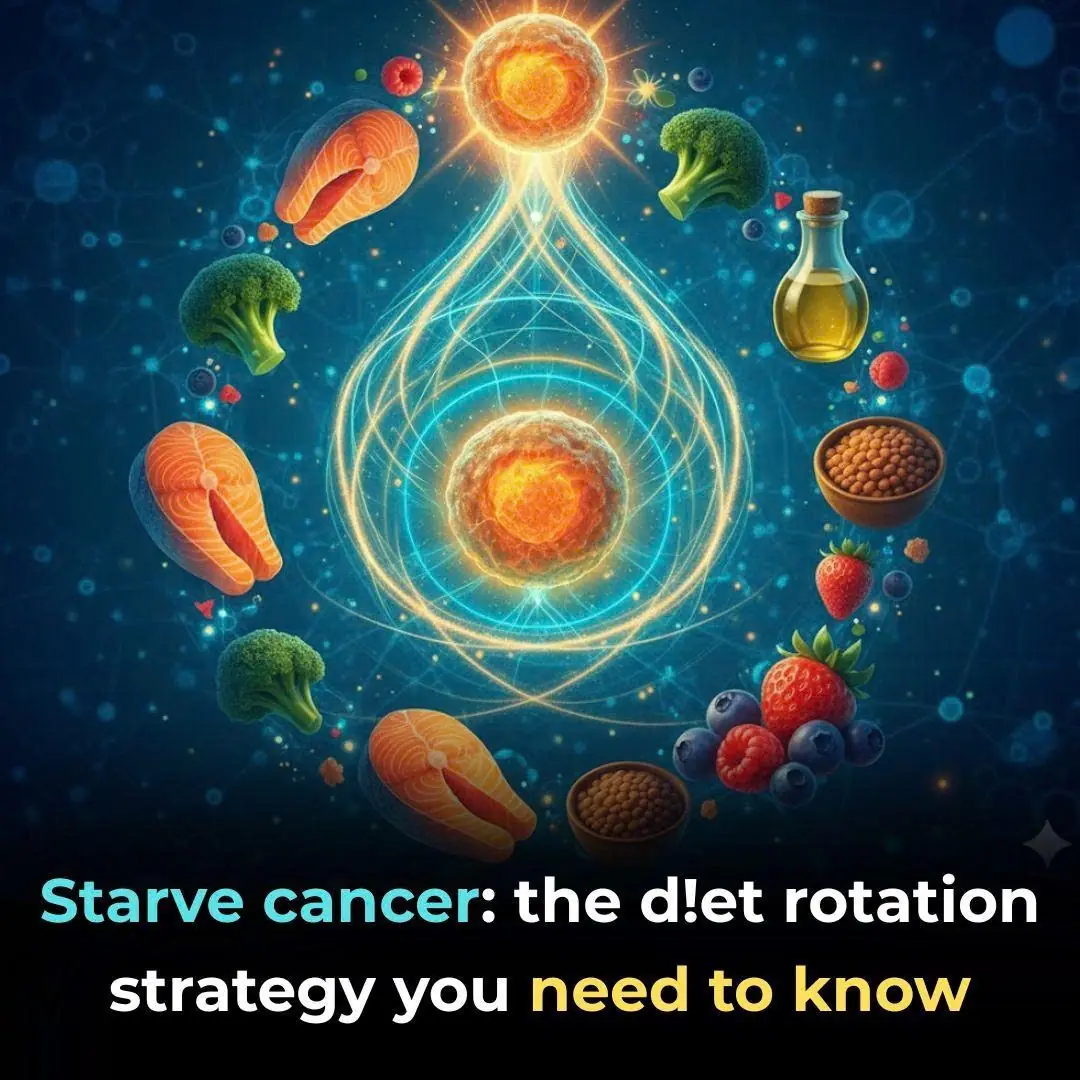
This Starves Colon Cancer Cells — and Strengthens Your Body’s Natural Defenses
This Starves Colon Cancer Cells — and Strengthens Your Body’s Natural Defenses
Have you noticed the headlines? Colon cancer — once largely a disease of older adults — is now increasingly being diagnosed in people in their 30s, 20s, and even teenagers. It’s a shocking and deeply worrying trend that leaves many of us asking: “What is going on?” The answer is for the most part not hidden in our genes. The overwhelming majority of these cancers are directly linked to our diet and lifestyle. The good news? That means an enormous amount of power lies in your hands. Your body has remarkable, built-in defense systems designed to protect you from diseases like cancer — and you can actively strengthen them.
In this article, we’ll dive deeply into the world of colon cancer. We'll explore why it’s on the rise among younger people, and more importantly, what you can do about it. We'll highlight the lifestyle risks you need to avoid, introduce you to revolutionary treatments that are changing the game, and show you how to reinforce your body’s natural defenses through food, habits and awareness. By the end, you’ll have practical, actionable steps to help you take control of your health. This isn’t about living in fear—it’s about empowerment, education, and action. (Based on insights from Dr. William Li)
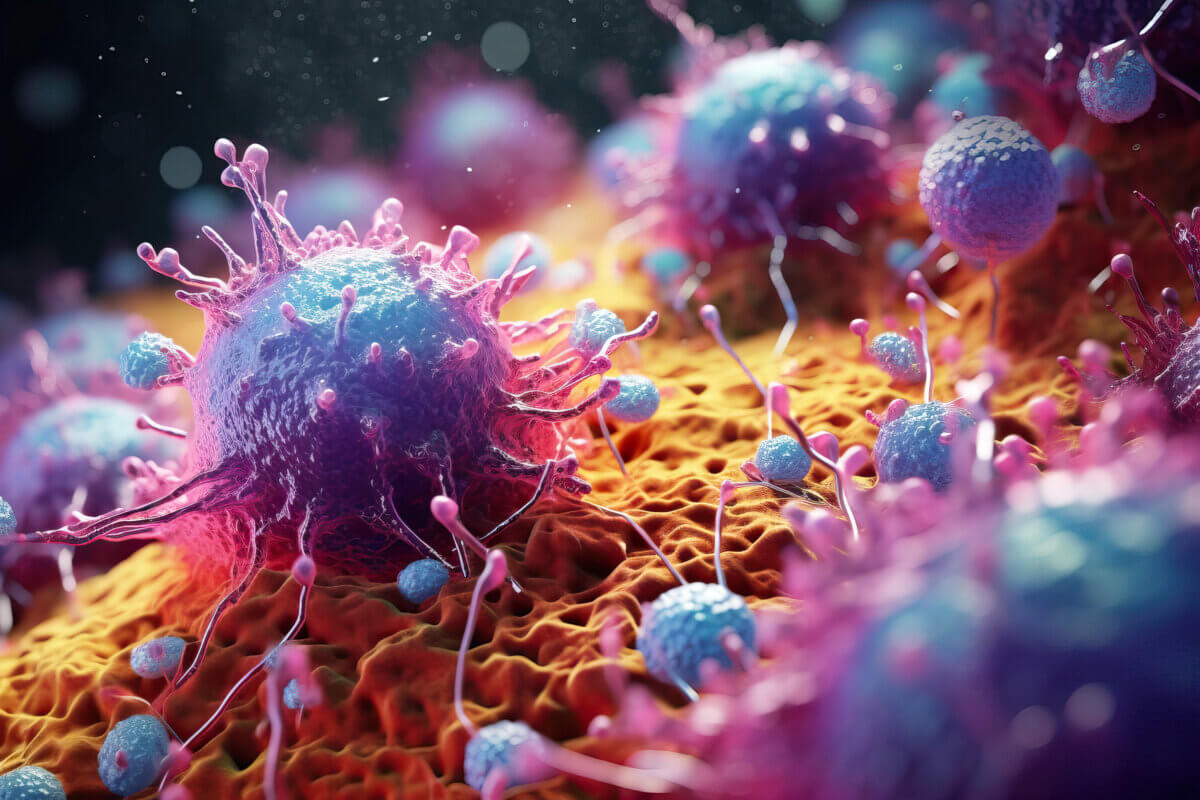
Key Takeaways
-
Lifestyle is paramount. The rise in colon cancer among younger people is primarily linked to diet and lifestyle, not genetics. Processed meats, alcohol, smoking (including vaping), and a sedentary lifestyle are major risk culprits.
-
Your immune system is a superhero. Your body’s natural defense system constantly patrols for microscopic cancers. Supporting that system is crucial for prevention.
-
Immunotherapy is a game-changer. These modern treatments activate your own immune system to fight cancer and offer hope even in late-stage diagnoses. Be sure to ask your doctor if you are a candidate.
-
Gut health is central. A healthy gut microbiome is vital both for strong immune responses and for improving the effectiveness of treatments like immunotherapy. The foods you eat directly influence your gut health.
-
Food can be medicine. You can actively starve cancer cells and support your treatment by choosing specific foods that reduce inflammation, cut off blood supply to tumors, and boost immune function.
-
You’re not powerless. While a diagnosis of colon cancer is serious, combining lifestyle changes, smart nutrition, and modern medicine gives you the best possible chance to take control of your body’s defenses.
1. What is Colon Cancer and Why Are Younger People Getting It?
First, let’s clarify what we’re talking about. Colon cancer is a cancer that begins in your large intestine (also called the colon). It is among the most common cancers affecting both men and women, and the rising rates in younger adults are a major red flag.
When I was in medical school, seeing a fifty-year-old with colon cancer was unusual. Now, it’s tragically becoming more common among those in their 30s, 20s and even teenagers. So: what’s the culprit? It’s highly unlikely to be a sudden, widespread genetic mutation. Evidence points overwhelmingly toward our environment and our habits. Are toxins in our water playing a role? Microplastics? Or — and this is the most likely culprit — something we’re eating (or something we’re not eating). The connection between dietary patterns, lifestyle and this disease is stronger than ever, which is why understanding those factors is your first line of defense.
2. Lifestyle Habits That Fuel Cancer (And How to Stop Them)
If you want to protect yourself, you need to know what you’re up against. Certain lifestyle habits create an internal environment where cancer can not only arise but thrive. Processed meats like hot dogs, salami, and deli meats are one of the big ones. The World Health Organization (WHO) has classified them as carcinogens. When you consume them regularly, the chemicals they contain — such as nitrosamines — linger in your colon and generate chronic inflammation.
Alcohol consumption and smoking (including vaping, which may be even worse chemically) significantly raise your risk of colon cancer. Then there’s the sedentary lifestyle. Sitting around all day disrupts metabolism and hormones, increases inflammation, harms your gut microbiome, and weakens immune surveillance. The common thread among all these risk factors? They suppress your immune system, weakening one of your most critical defenses against cancer.
To stop them: reduce processed meat and red meat, limit alcohol, quit smoking/vaping entirely, increase daily movement (aim for at least 30 minutes of moderate activity most days), and avoid sitting for prolonged periods. Replacing bad habits with good ones is your proactive strategy.
3. Meet Your Body’s Built-In Cancer-Fighting Army
Your body isn’t helpless against cancer. In fact, you have at least five major health defense systems, and your immune system is one of the most powerful among them. Think of your immune system as an army of super-soldiers constantly patrolling your body — like law enforcement officers on a beat. These soldiers are trained to identify abnormal cells (including microscopic cancers) and remove them before they grow. insightimpulse.com+2Chris Beat Cancer+2
Another defense system works to prevent tumors from building their own blood supply — a process called angiogenesis. A tumor cannot grow larger than the tip of a ballpoint pen without blood vessels feeding it oxygen and nutrients. If you allow blood vessels to reach a tiny tumor, it could grow roughly 16,000 times in just two weeks.insightimpulse.com+1 Your body naturally tries to stop this — and many modern cancer treatments called “anti-angiogenic therapies” are designed to do exactly that: cut off the blood supply to tumors.
The message here? Your body is not a passive victim. You’re not helpless. You have defence systems. The trick is to support, empower and keep them functioning at peak performance through your lifestyle, dish choices and awareness.
4. Immunotherapy: The Revolutionary Treatment You Need to Know About
This is one of the most exciting developments in modern medicine. Immunotherapy is not the same as chemotherapy. Instead of poisoning cancer cells, immunotherapy supercharges your own immune system so it goes after the cancer itself. Think of it as upgrading from two policemen in a patrol car to the entire special forces being activated. By activating your body’s own defenses, we’re achieving results that once seemed impossible.
We’ve seen immunotherapy turn stage-four, “game over” cancers into stage-zero in some cases. It’s a true revolution. Drugs known as “checkpoint inhibitors” (you may have heard trade names like Keytruda) work by pulling the invisibility cloak off cancer cells, allowing your immune system to see and attack them. If you or someone you love has been diagnosed, you need to ask: “Has my tumor been tested for markers like MSI-H, PD-1 or PD-L1 to see if I’m eligible for immunotherapy?” These markers determine whether cancer is likely to respond to this life-saving treatment. If your doctor says no, ask why. Be informed. Be your own advocate.
5. Your Gut Health: The Unsung Hero of Cancer Treatment
Here’s where the path gets even more interesting. For immunotherapy (and your natural defenses) to work effectively, you need a healthy gut microbiome. Your gut is home to roughly 39 trillion bacteria — yes, trillions.insightimpulse.com+1 These tiny organisms have enormous influence. They lower inflammation, regulate your metabolism, and — critically — communicate with and support your immune system.
If you have an unhealthy gut — a condition known as dysbiosis — this may be a hidden factor contributing to cancer development and poor treatment outcomes. A 2025 study by Dana‑Farber Cancer Institute found that colon cancer patients with diets higher in anti-inflammatory features and more physical activity had significantly longer survival.News-Medical Research has shown patients with a healthy, diverse gut microbiome respond much better to immunotherapy. A standout example: the bacterium Akkermansia muciniphila was found to be strongly associated with better outcomes in cancer therapy.
This is why nurturing your gut health isn’t optional — it’s a critical component of any cancer-fighting strategy. You can’t wait for diagnosis to act; the time to build a healthy gut is now.
6. Stock Your Kitchen with These Cancer-Starving Foods
So how exactly do you build a healthy gut and support your body’s defenses? With your fork. The foods you eat three times a day can turn out to be your most powerful tool. Focus on whole, plant-based foods packed with dietary fiber, polyphenols (the compounds that give plants their vibrant colors), and anti-inflammatory fats. These feed your good gut bacteria, lower inflammation, activate your immune system — and even help starve cancer cells of their blood supply.
Here’s a curated shopping list (expanded with additional commentary) to help you get started:
-
Dietary Fiber: Aim for fruits, vegetables, nuts and legumes. For example: one study found that every 5–6 grams of fiber (about one medium pear) was associated with a ~30 % reduction in mortality for melanoma patients on immunotherapy.Mark Hyman, MD+1
-
Polyphenol Powerhouses: Load up on colorful foods — berries, bell peppers, dark leafy greens. Coffee and green tea also count: green tea with catechins helps starve cancers of their blood supply.
-
Brassica Vegetables: Broccoli, kale, Brussels sprouts, arugula contain natural chemicals like sulforaphane that have cancer-starving properties
-
Beans & Legumes: White beans, black beans, chickpeas, soybeans — great sources of fiber and plant-based protein.
-
Healthy Fats: Extra virgin olive oil contains polyphenols that fight inflammation. Omega-3 fatty acids (found in seafood like salmon, sardines, mackerel) help cut off the blood supply to cancers.
-
Tree Nuts: For example, walnuts are rich in omega-3s and fiber; studies show colon cancer patients who consumed tree nuts had lower recurrence risk.
-
Foods That Promote Akkermansia: Pomegranates, walnuts, dried cranberries, Concord grape juice, oats, chili pepper flakes, Chinese black vinegar. These help grow gut bacteria linked to better treatment outcomes.
By combining these foods with movement, restorative sleep, stress reduction and avoiding pro-cancer habits, you build a comprehensive strategy to support your body’s defenses.
7. How to Be Your Own Best Health Advocate
We are living in a time of incredible potential when it comes to cancer prevention and treatment — but the hope won’t work unless you become an active participant. When you speak with your doctor, ask questions beyond the standard “surgery, chemo, radiation.” Ask:
-
“Is there an anti-angiogenic (cancer-starving) therapy available for me?”
-
“Am I eligible for immunotherapy or checkpoint inhibitor treatment?”
-
“Has my gut microbiome been considered in my care plan?”
-
“Are there lifestyle interventions I can adopt now to reduce my risk of recurrence or progression?”
If you’re told “no” or “not yet,” ask why. Do your own research (for example, check out clinicaltrials.gov) to see what new studies or trials are available for your situation. Use your voice. Be empowered. Remember: combining the best of 21st-century medicine with the power of your own lifestyle and nutritional choices is the key to tipping the odds in your favor.
Conclusion
A cancer diagnosis is undeniably scary and life-altering. But it’s crucial to understand that we are in an era of unprecedented hope and progress. The power to fight back doesn’t just lie in a clinic or in a prescription — it lies within your own body and the choices you make every single day. By understanding the risks, embracing a healthy lifestyle, and advocating for cutting-edge treatments like immunotherapy, you can activate your body’s incredible healing capabilities. This is not about food versus medicine; it’s about food and medicine working together to give you your best possible chance to live a long, healthy, vibrant life.
News in the same category


SHOCKING NEW STUDY REVEALS WHAT MIGHT BE SILENTLY DESTROYING HUMAN FERTILITY

POPULAR SHAMPOO URGENTLY RECALLED BECAUSE IT CONTAINS BACTERIA THAT KILLS UP TO ONE IN TEN PATIENTS

Nurse who's witnessed 'so many deaths' explains spine-chilling moment she realised 'what happens after we die'
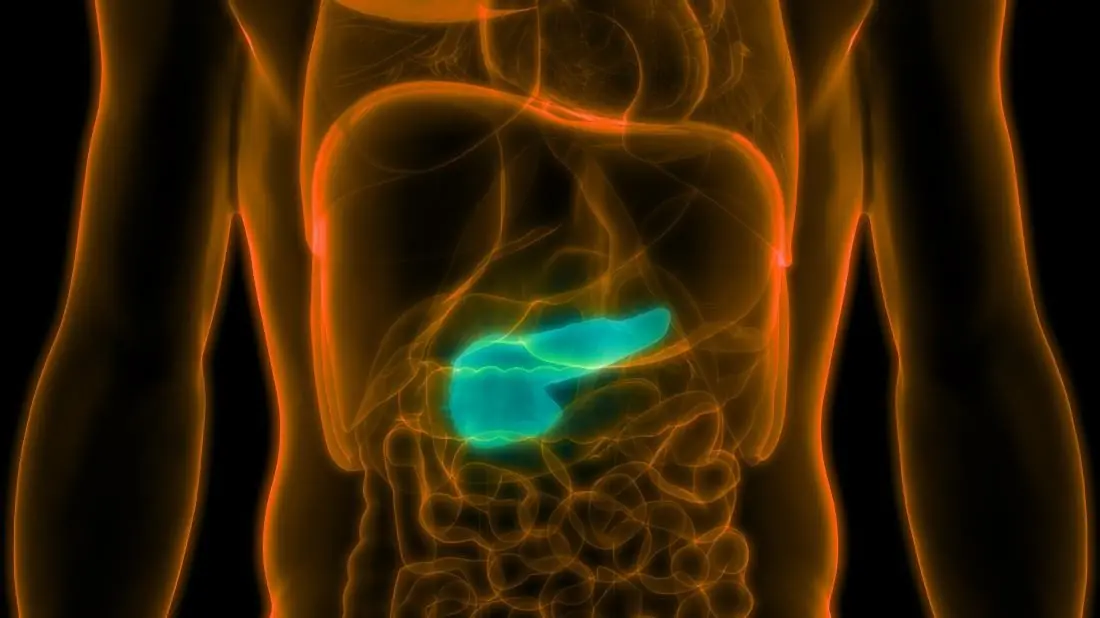
The influenza flu virus is being used to cure pancreatic cancer

Eye Doctor Reveals What To Do If You Start Seeing ‘Floaters’
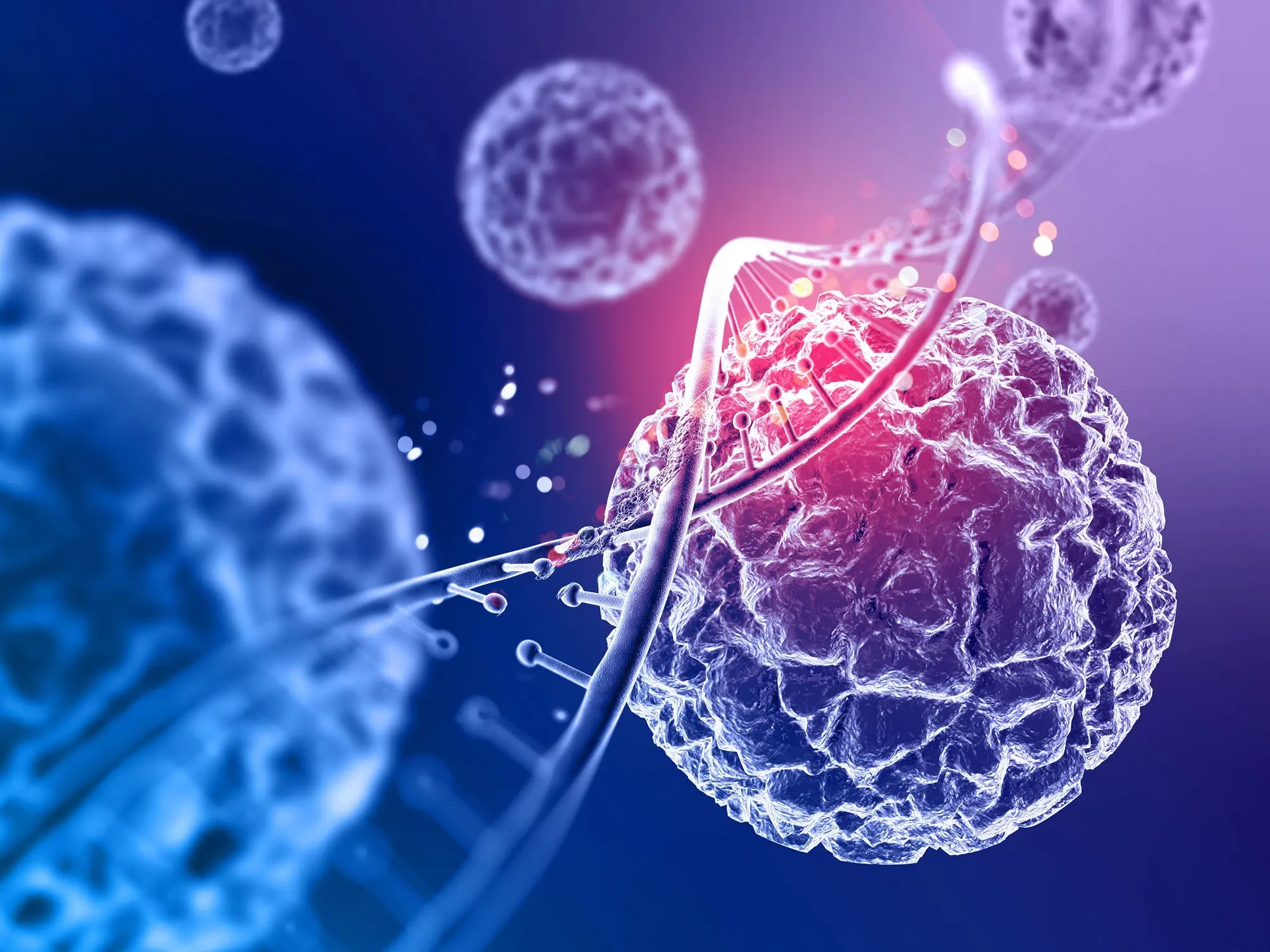
If cancer cells are present in the body, these 3 symptoms often appear in the morning everyone should pay attention

3 foods you thought were bad for diabetes (but aren’t!)
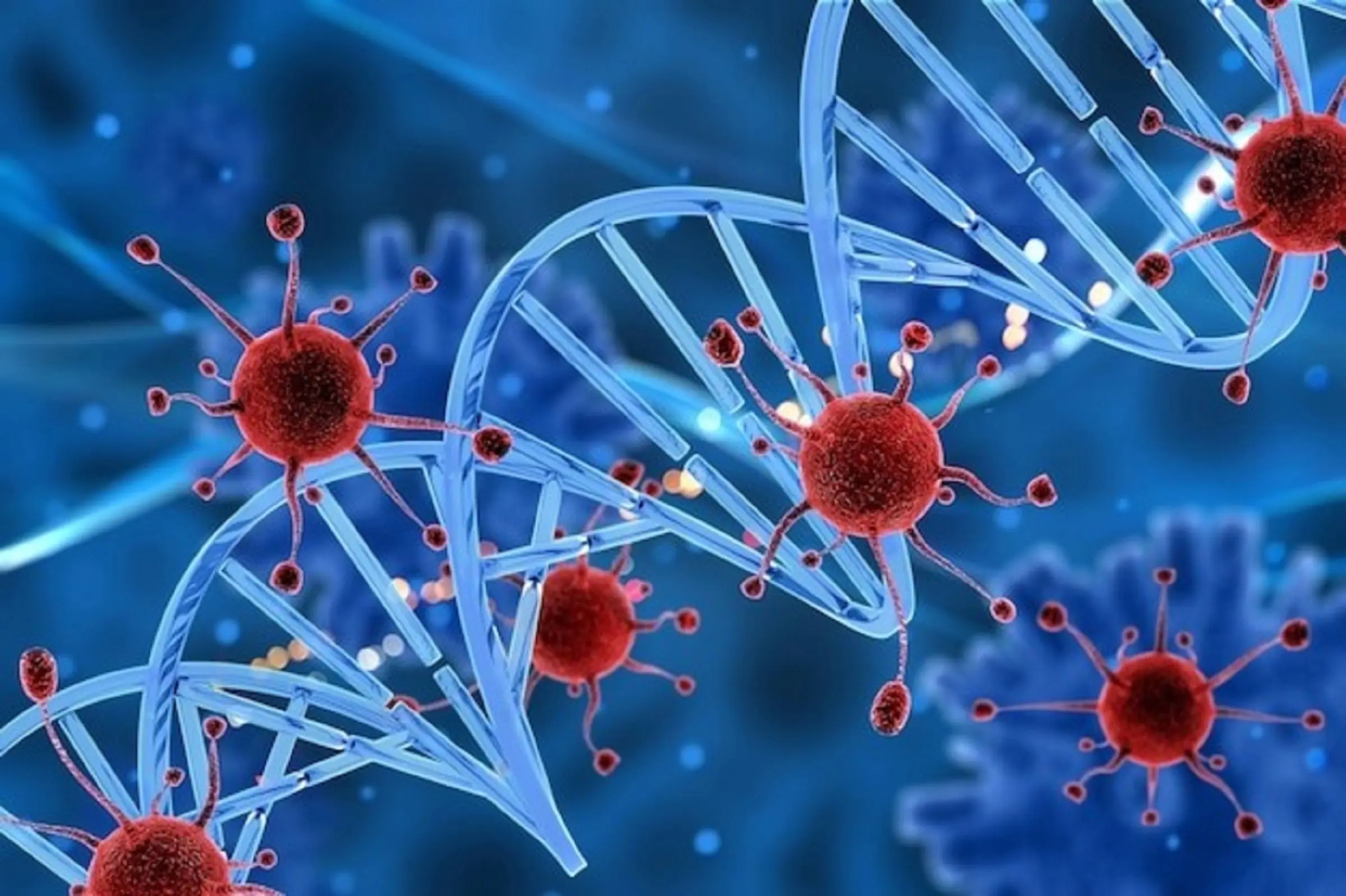
CANCER IS PAINLESS AT FIRST, BIT IF YOU SEE THESE 8 SIGNS WHEN GOING TO THE TOILET, YOU SHOULD SEE A DOCTOR IMMEDIATELY

Sleeping Naked: 8 Surprising Benefits

What Happens To Your Skin When You Rub An Ice Cube On Your Face
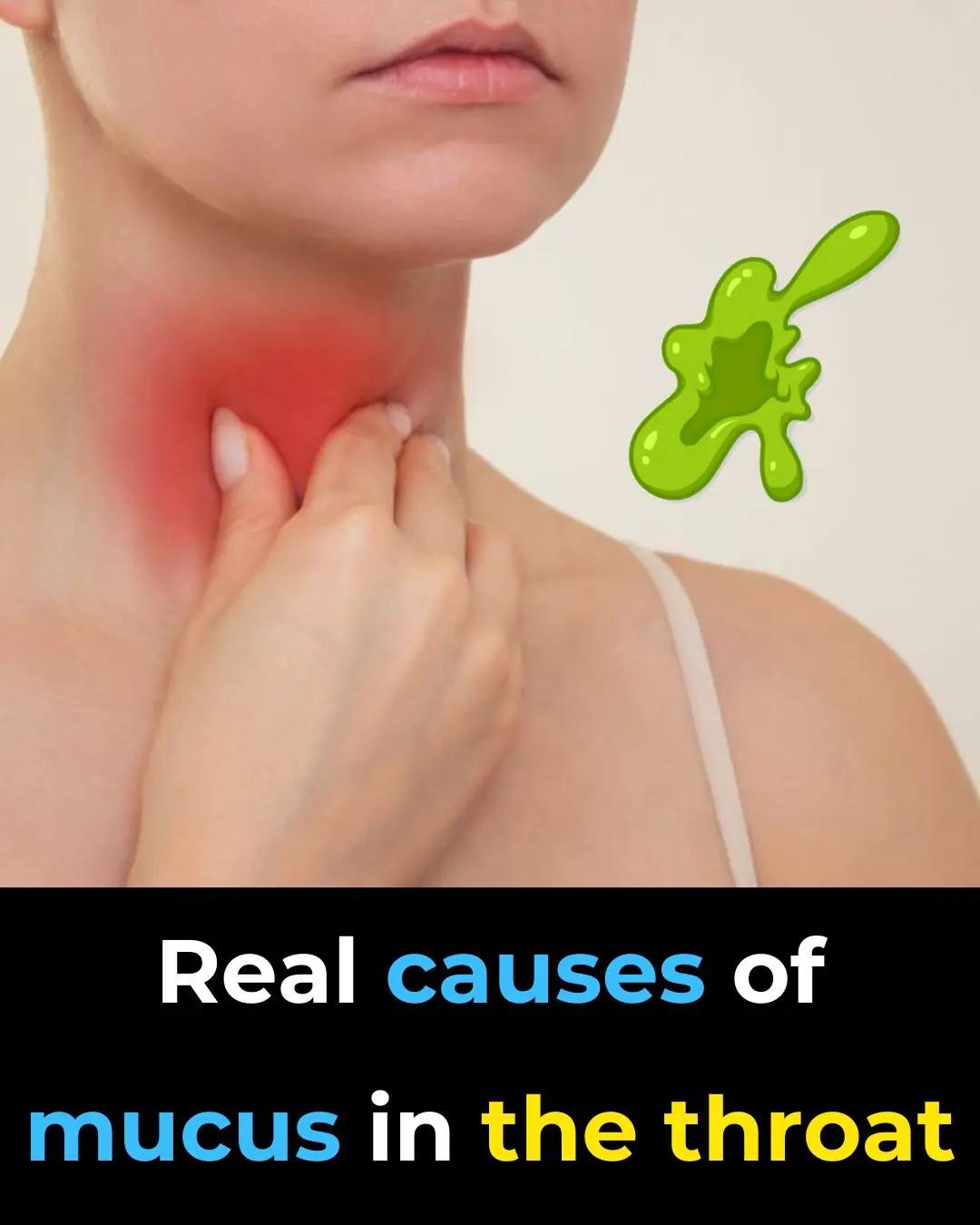
🤢 The Real Causes of Constant Phlegm and Mucus in Throat — And How to Get Rid of It

The Tennis Ball Trick That Can Relieve Back, Neck Or Knee Pain In Seconds
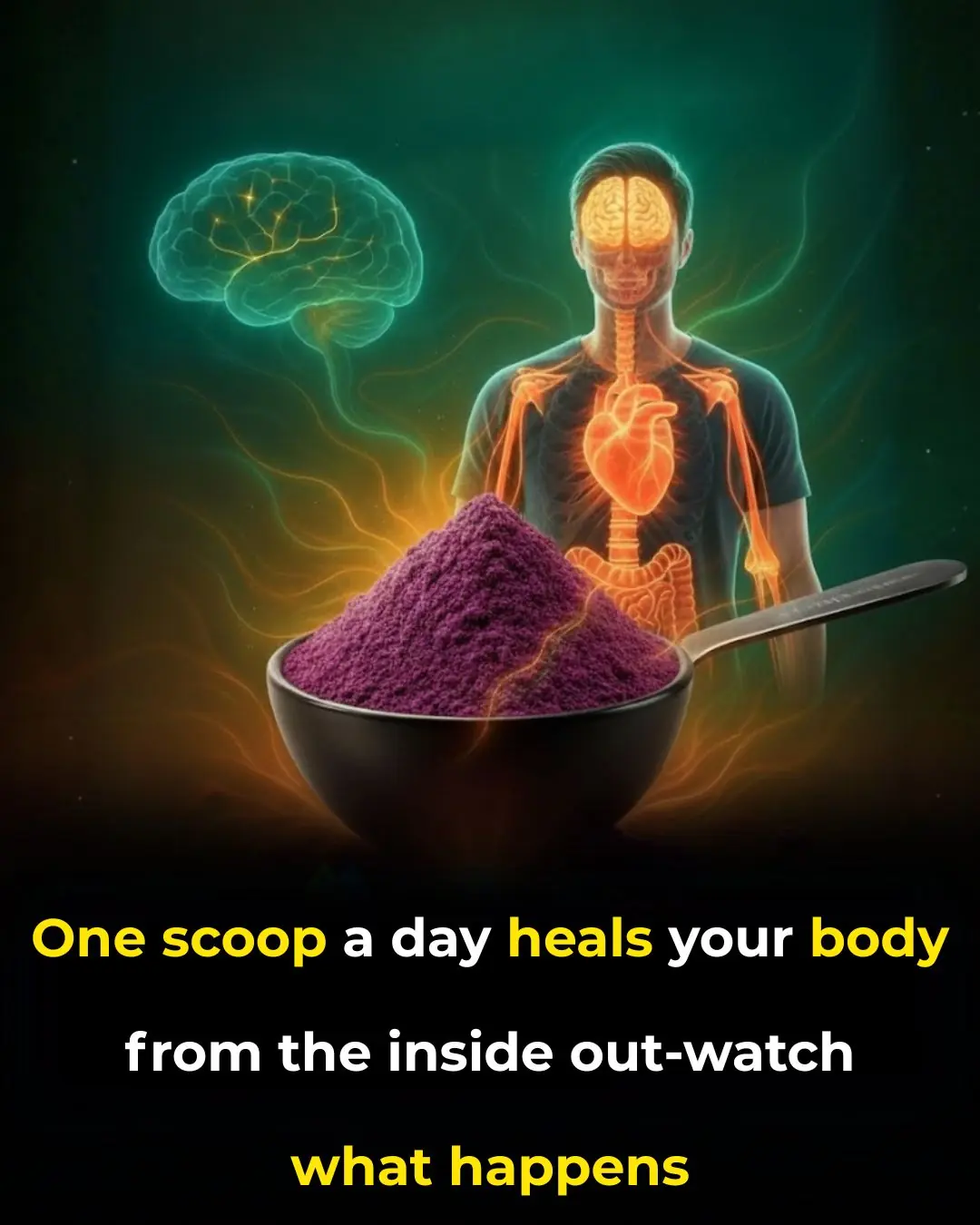
One scoop a day heals your body from the inside out — watch what happens

🧠 A Stroke Can Happen Suddenly — But Your Body Might Send Early Warnings (Know the Signs)

Are You Being Lied To About What Your Blood Pressure Should Be? — Read This Before You “Chase the Number”
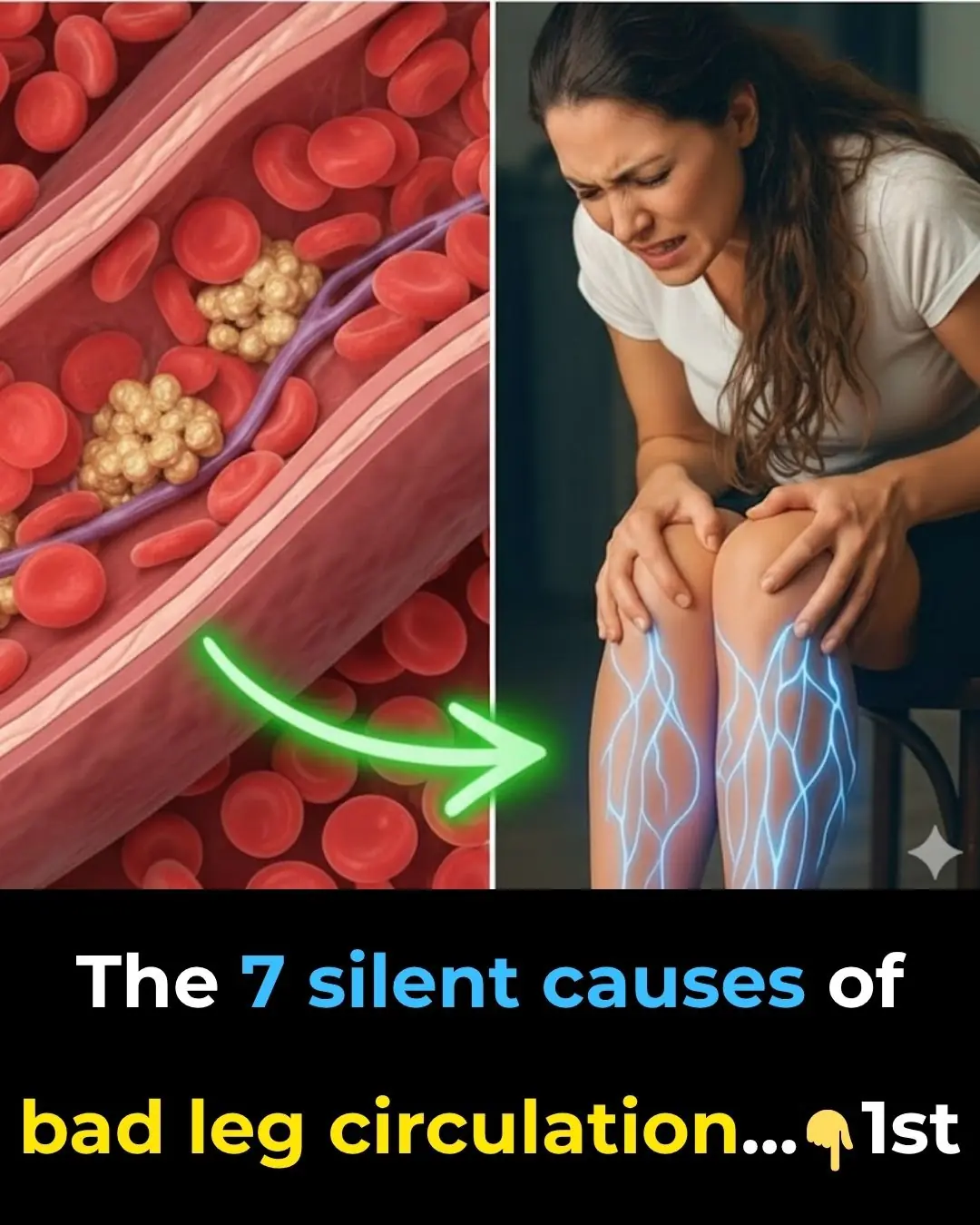
The 7 silent causes of bad leg circulation

4 simple moves after eating that flatten blood sugar spikes

This Miraculous Drink Will Work Wonders for Your Thyroid
News Post
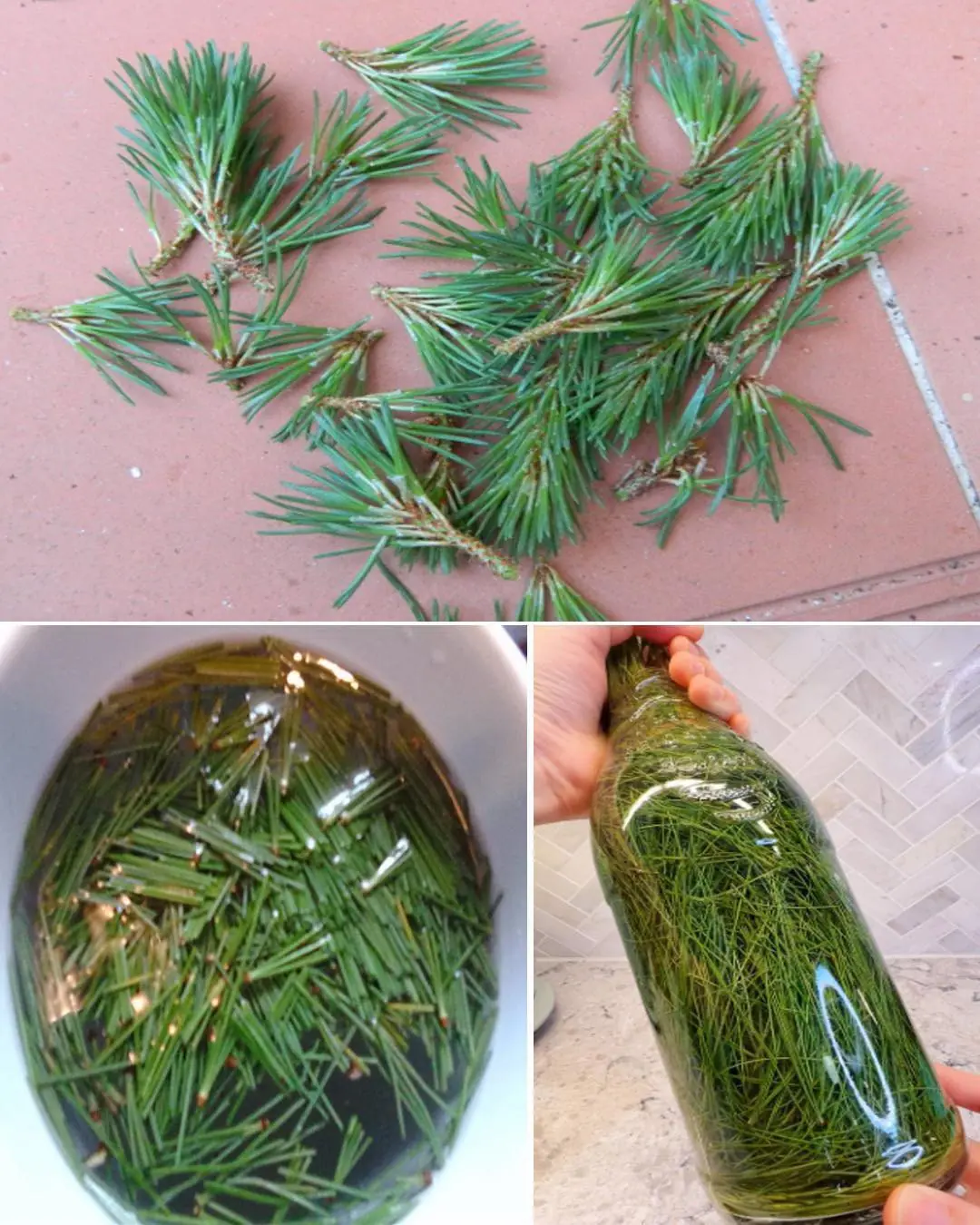
9 Health Benefits of Pine Needles
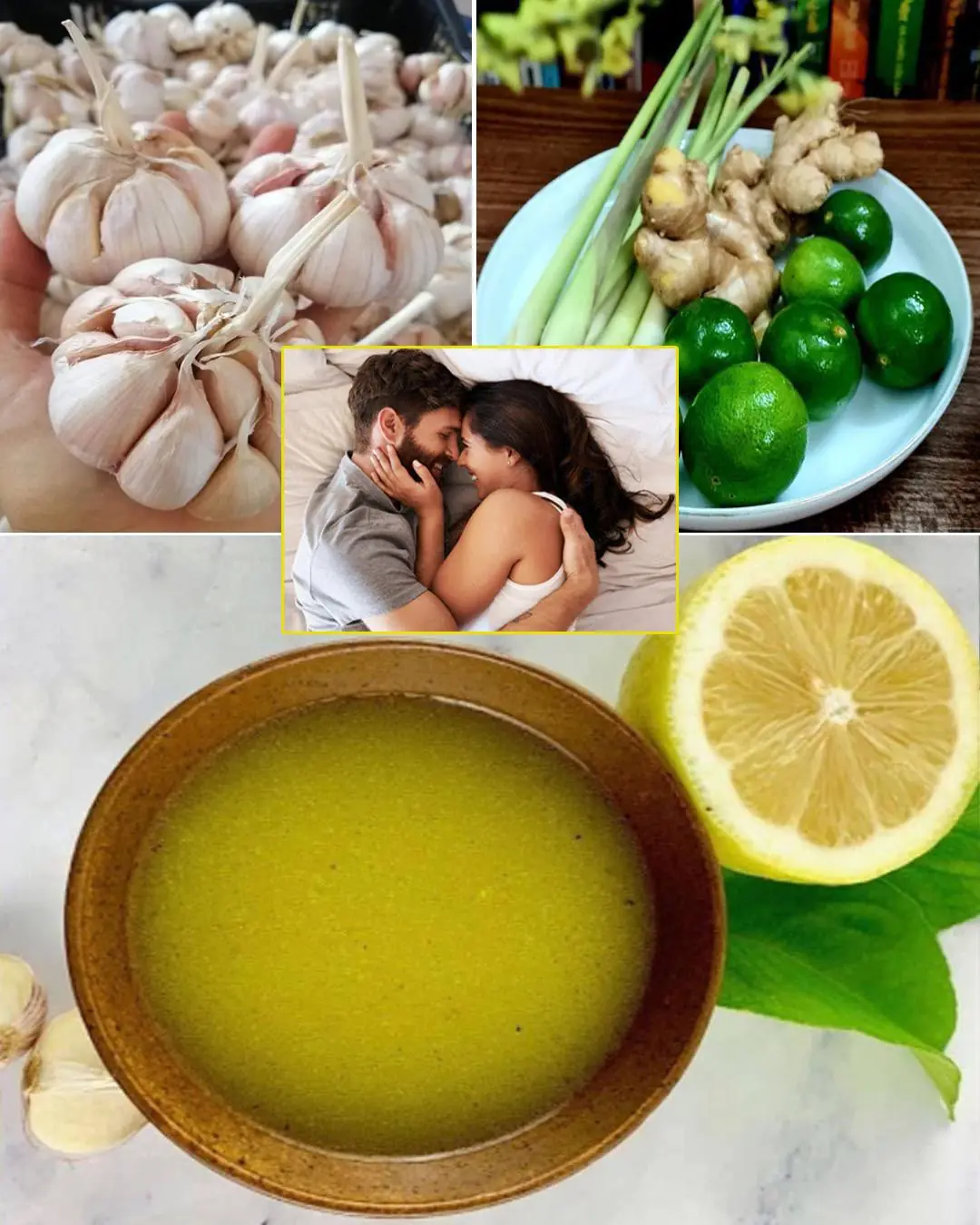
Unlock The Incredible Health Benefits of Garlic, Ginger and Lemon for Men
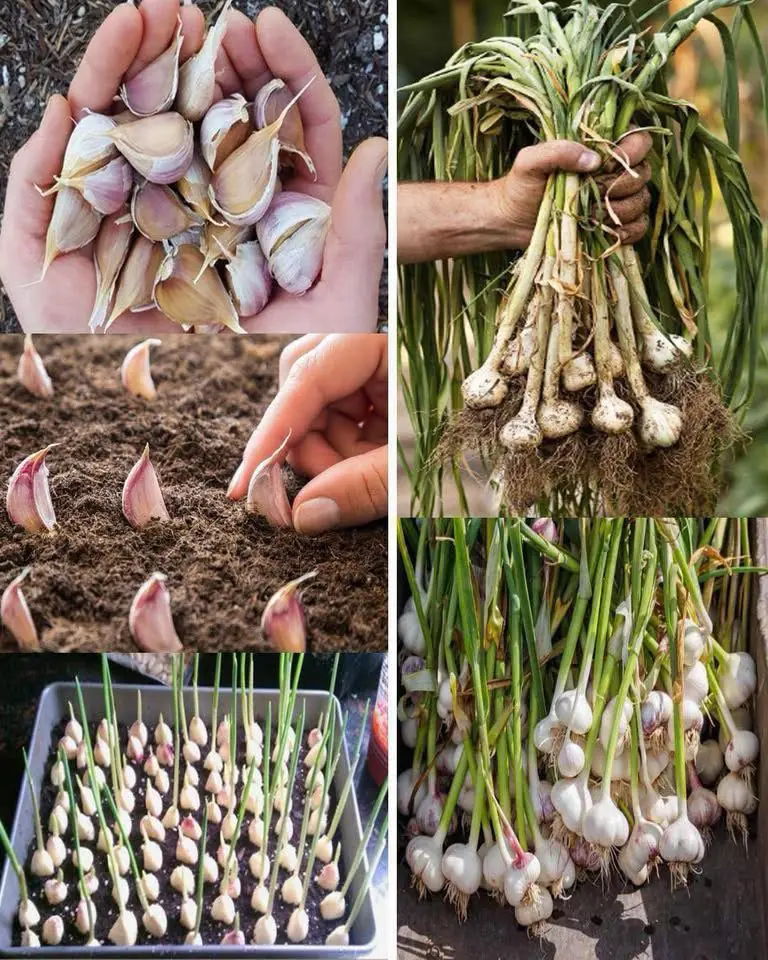
A special method to grow garlic in plastic bottles
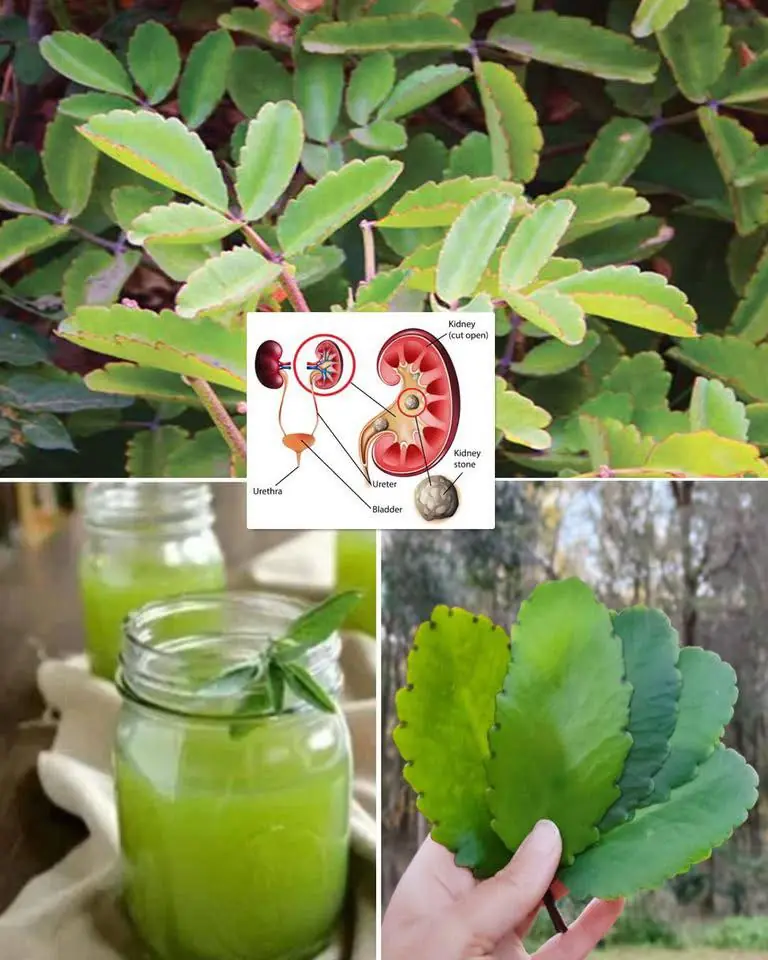
7 Benefits of the Miracle Leaf of Life
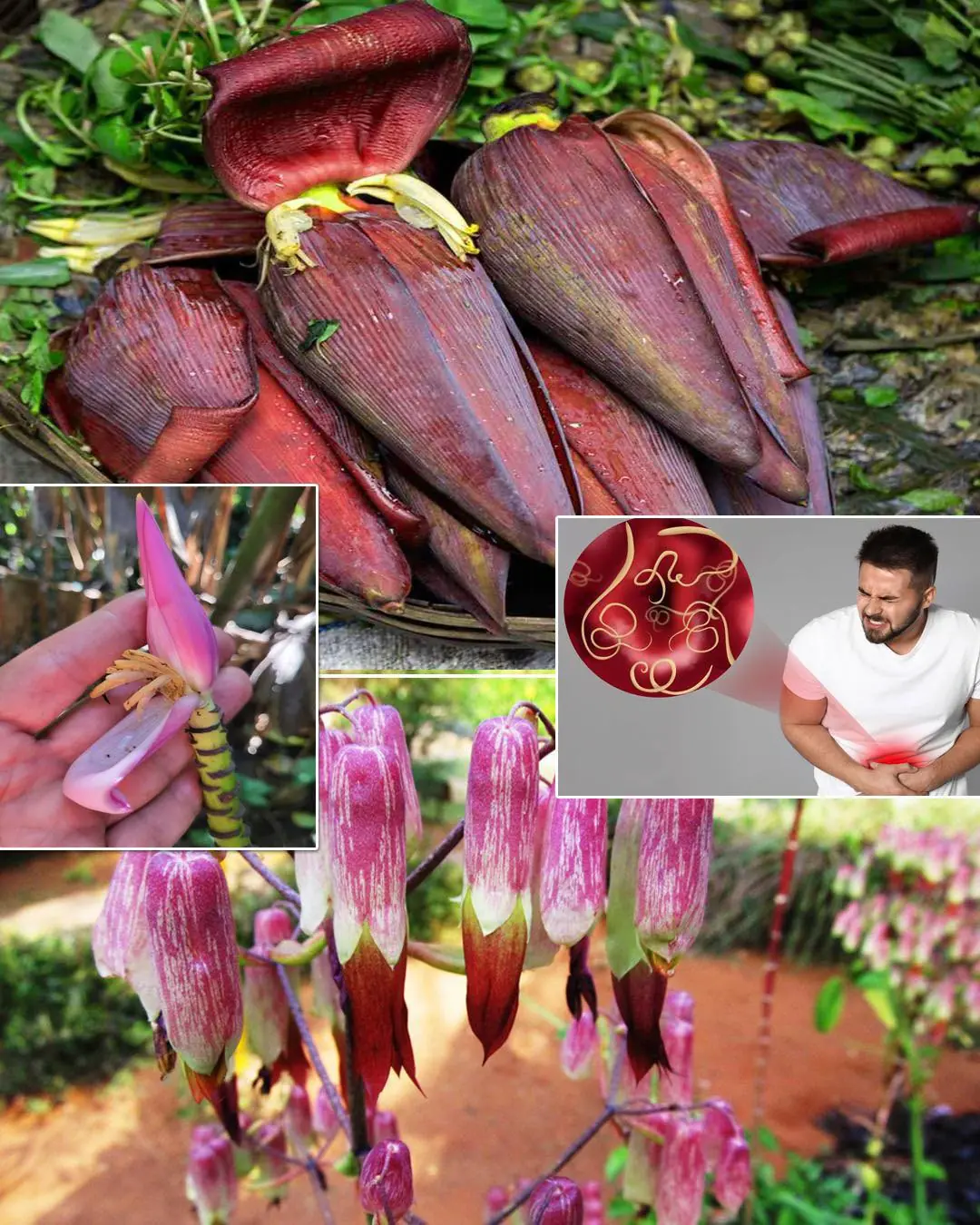
7 Amazing Health Benefits of Banana Blossoms
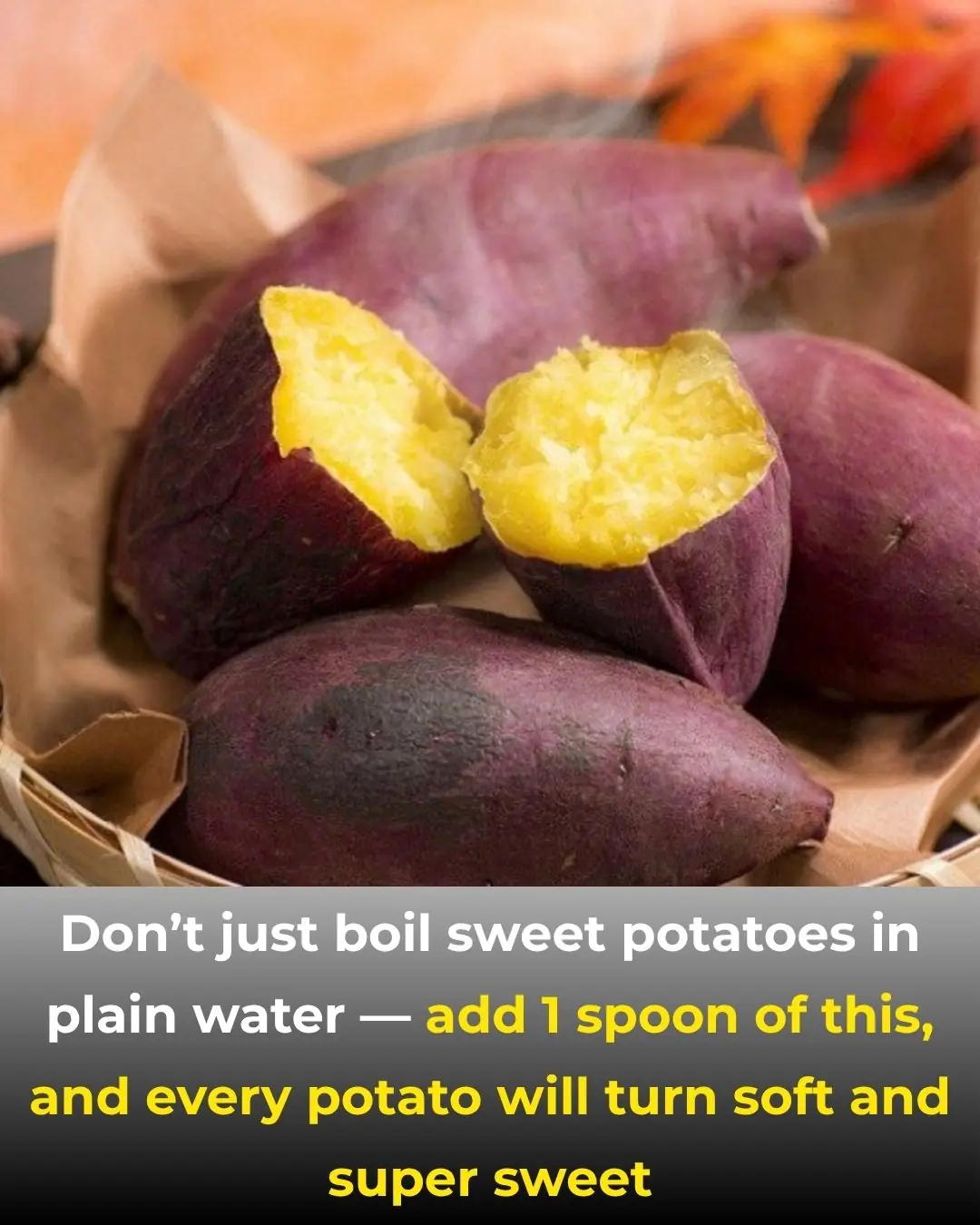
Boiling Sweet Potatoes: Don’t Just Add Plain Water—Add This Spoonful for Perfectly Fluffy, Sweet Results

The Science Behind Putting a Cotton Swab in a Menthol Oil Bottle
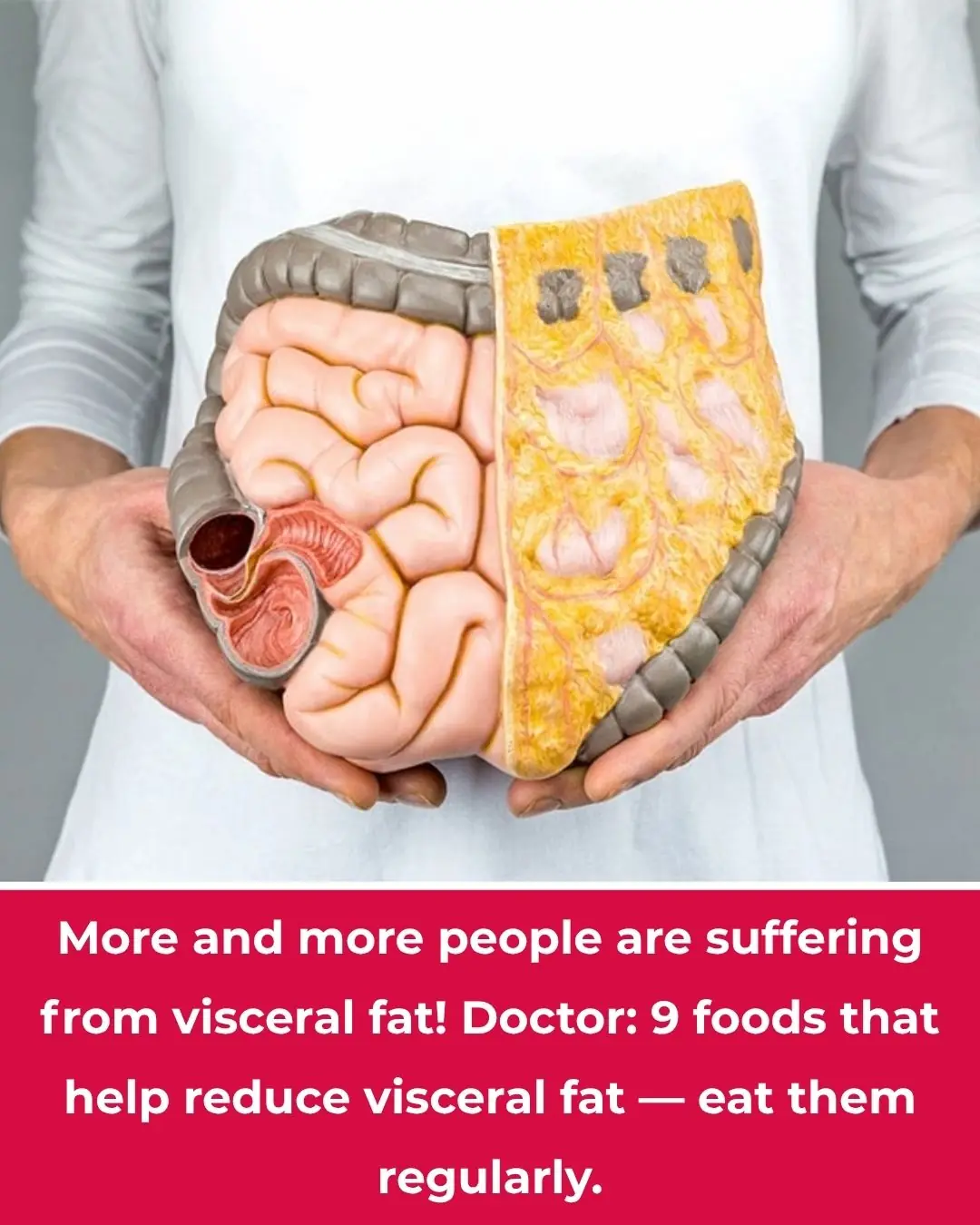
More People Are Struggling with Visceral Fat — Doctors Reveal 9 Foods That Help Burn It Naturally
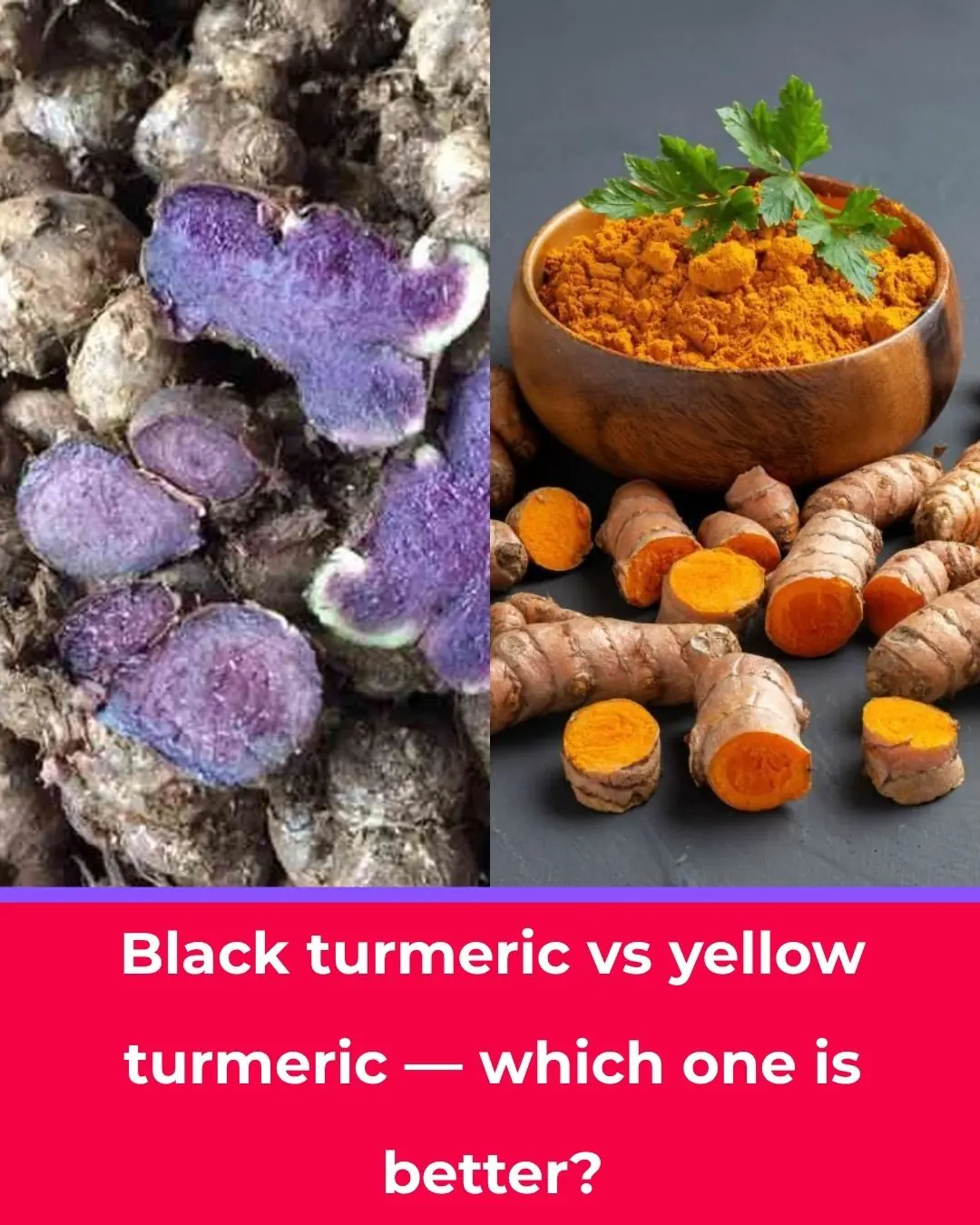
Black Turmeric vs. Yellow Turmeric: Which One Is Better?

Starve cancer: the diet rotation strategy you need to know

Like to see more from Tips for the Home

💪 Sarcopenia: Why Muscle Loss Happens & How to Fight It (After 50)

I Had No Idea About This!

These Ideas Are Amazing: 10 Clever Ways to Use Dryer Sheets Beyond the Laundry Room

Most Don’t Know: 13 Brilliant Ways to Use WD-40 Around the House
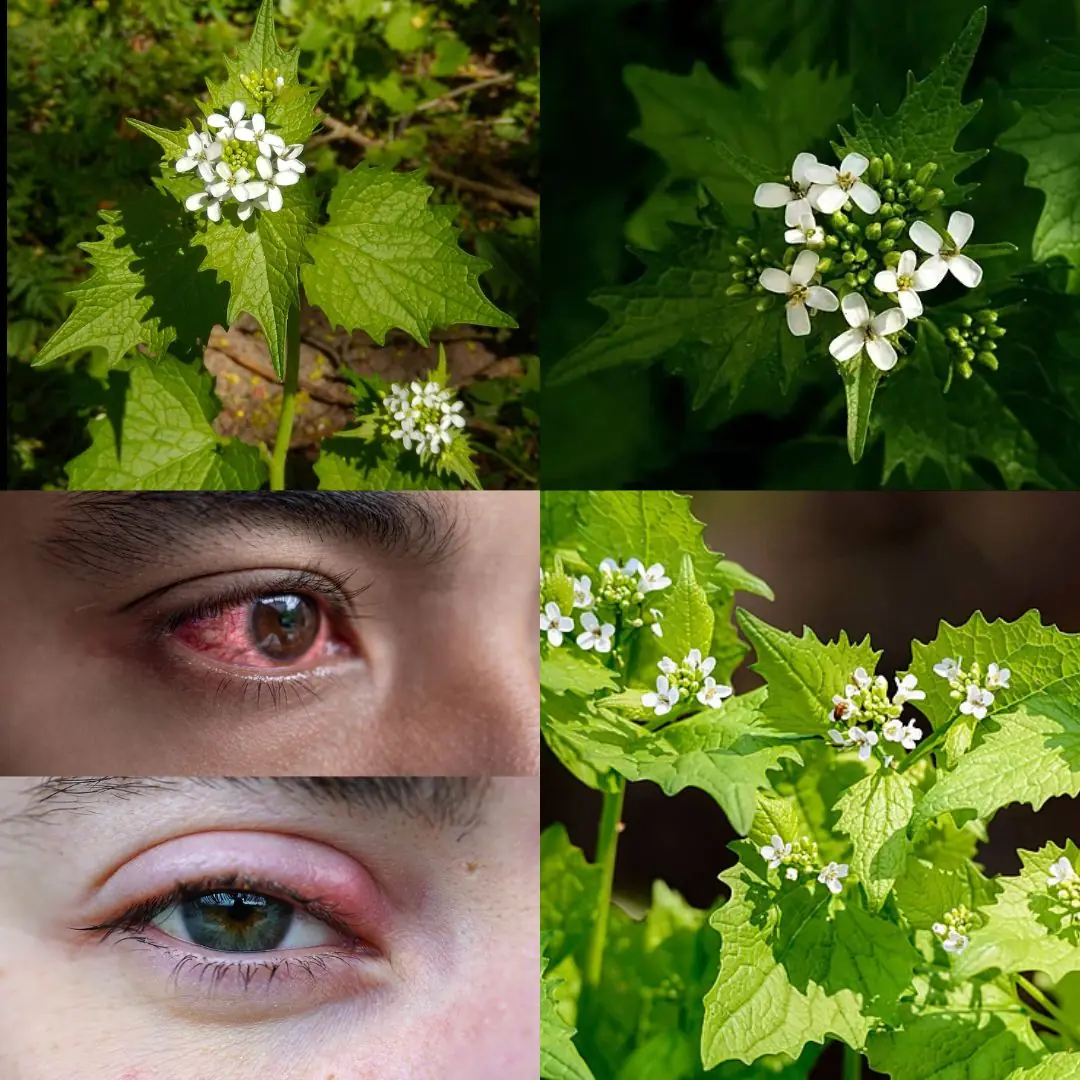
Garlic Mustard: The Overlooked Herb That Can Boost Your Health — Especially Your Eyes

SHOCKING NEW STUDY REVEALS WHAT MIGHT BE SILENTLY DESTROYING HUMAN FERTILITY

POPULAR SHAMPOO URGENTLY RECALLED BECAUSE IT CONTAINS BACTERIA THAT KILLS UP TO ONE IN TEN PATIENTS
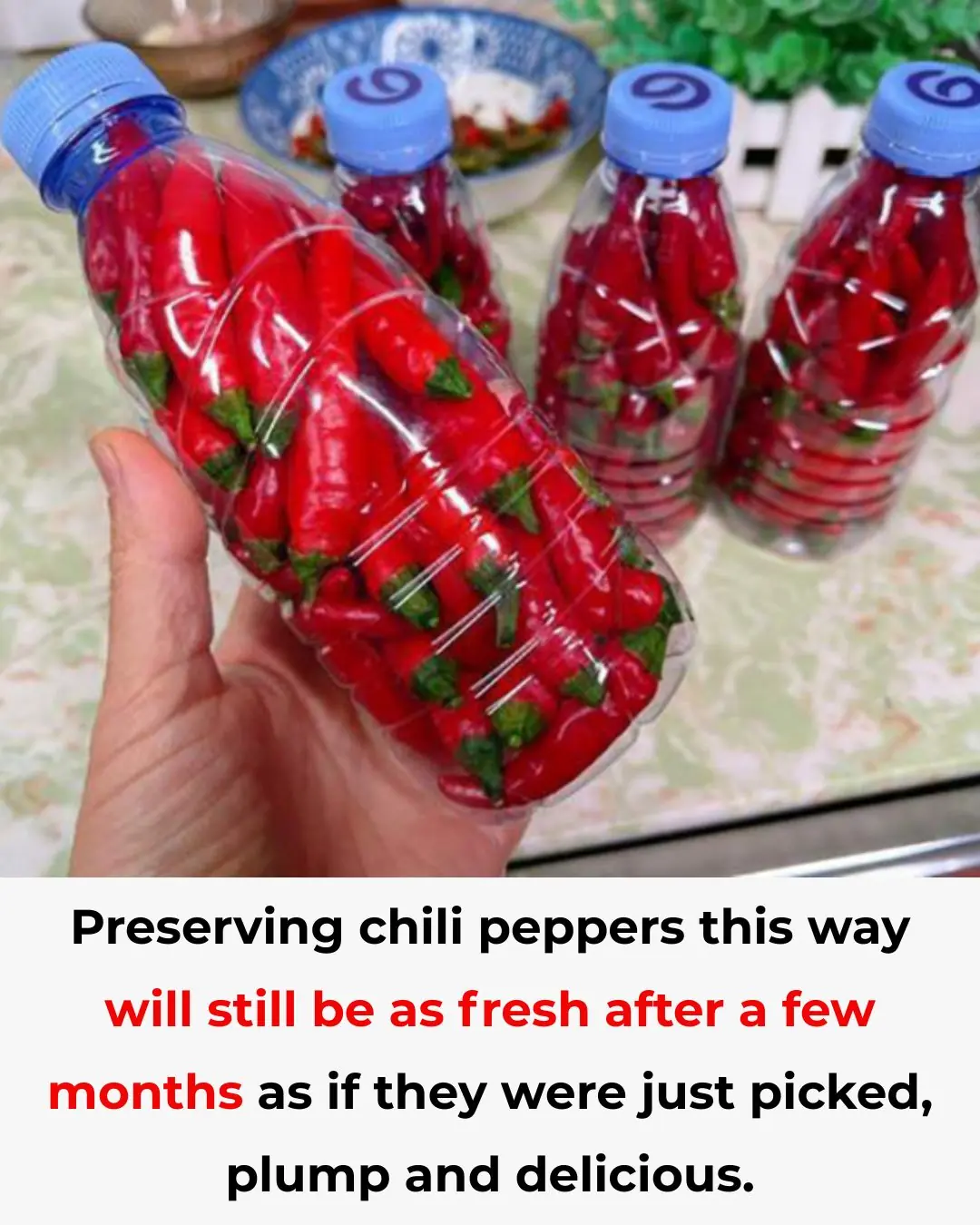
How to Store Chili Peppers So They Stay Fresh, Juicy, and Flavorful for Months
